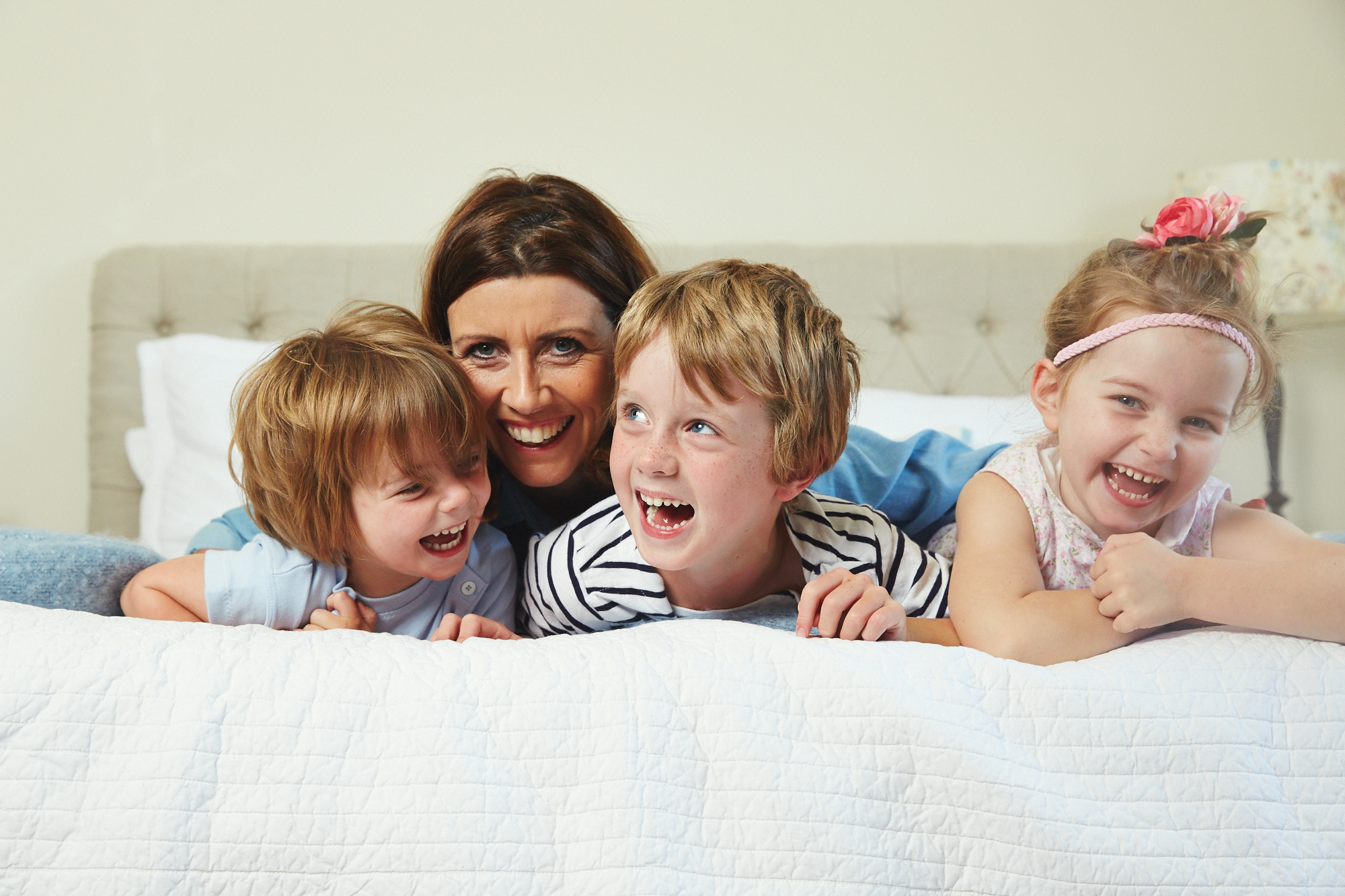“It’s time for each of us to step up for human rights. There is no action that is too small: wherever you are, you can make a difference. Together, let’s take a stand for more humanity”
Each year, as the festive season starts to ramp up, I like to attend the Australian Human Rights Commission’s Annual Awards ceremony and recognise those who have contributed to advancing human rights in our society. And this year was no exception. The Awards are a reminder of the extraordinary contributions individuals and businesses make to promote the dignity and potential of every human being, and peace for all of us on earth. For me, this event is an important reminder of what is truely important in our world, at a time when ‘the gift of giving’ is often being exploited.
So often when we think of “human rights”, we think United Nations, global, and of notable activists. The concept of human rights feels like something that is the responsibility of the President of the Human Rights Commission, Gillian Triggs, or the Sex Discrimination Commissioner, Kate Jenkins – not everyday people like you and me. Yet the reality of the Universal Declaration of Human Rights is a Charter every single human being is charged with executing on a daily basis. So why, then, in a developed nation like Australia, do we still see so many human rights violations – pregnancy discrimination, detention of asylum seekers, prohibitions on gay marriage, domestic violence – on a daily basis?
The short answer is that far too many of us don’t focus on them in our day-to-day lives. It’s not necessarily deliberate. Rather, self-interest for that of ourselves and our families, often financially motivated, wins over – we buy into politicians’ fear-mongering that immigrants might take our jobs, to our subconscious fear that a change in the gendered expectations we are accustomed to will challenge our own identity, fear that we are not capable of being loved without controlling another, and for many, quite simply, fear of the unknown that comes with social change.
I don’t want to simplify some of the most significant human rights challenges our society faces. But there are so many daily opportunities for us to work towards restoring the dignity of others by valuing them for who they are, not what they can and can’t do, or for what they look like.
The Human Rights Business Award winners in particular were a great reminder that all of us have a role to play in upholding the Charter of Human Rights. For example, there was Etiko, who design and create ethical fashion wear. And Westpac and Lendlease who’s collaboration with Australian Network on Disability led to the ‘Design for Dignity’ guidelines, implemented at Barangaroo Tower Two, ensured design thinking was done as a planned and inclusive measure, not an afterthought. The Human Rights Medal was deservedly won by Pat Anderson AO, who’s dream for the lives of Aboriginal and Torres Strait Islander peoples has seen her be an exceptional contributor to advancing their rights particularly in regards to education, health, early childhood development, and violence against women and children.
Across all finalists, there was a consistent theme – each had a vision for how they imagined life for those who they cared for deeply, ought to be – Etiko for children, Westpac and Lendlease for the disabled, and Pat Anderson for Aboriginal and Torres Strait Islanders.They set a vision for themselves, as well as for the world. They focused on so much more than solving a set of problems, and therefore achieved so much more for those they stand beside.
We all need a vision, and perhaps it’s time we injected a focus on human rights into it. Here’s ours!
Our vision is to leave this world more just and whole hearted than it is now, to build a world in which women can realise their full potential and live free from workplace oppression, where women are recognised and valued for the extraordinary contribution they make as carers and as professionals.So as this year comes to a close and we embark on another year, its a great time to reflect on what your vision or your legacy is for yourself (professionally and personally), for your family and for your community. Because if we are all looking towards a brighter, more humane and equal future then there’s a much greater chance that the human rights violations that exist in all our daily lives may start to fade from view.
But it is also a world that addresses the impact gender inequality has on men: our work will be balanced so as to leave the world as a place in which men can continue to lead fulfilling professional lives, but one in which they can also be vulnerable, care freely, and express fear. And our vision would be unfulfilled if we didn’t carve out the flexibility to prioritise our family’s needs, and to care for ourselves so that we may bring the best version of ourselves to each new day.




